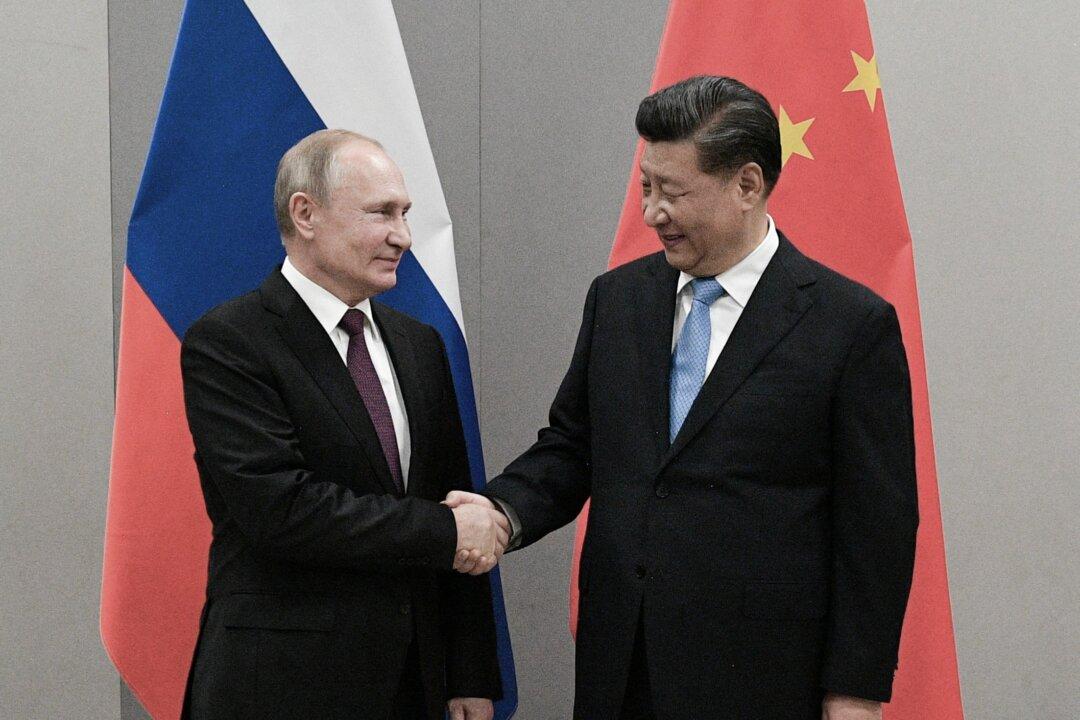Tensions are mounting throughout the world concerning the possibility of a war between Russia and Ukraine. One question that has experts on edge is what role China might play in such a conflict, and how such an event could set a dangerous precedent for China’s global ambitions—particularly in relation to Taiwan.
Russia has demanded that Ukraine never be allowed to join NATO. As of this week, it has amassed 130,000 troops at the eastern border of Ukraine to intimidate Western nations into disallowing Ukraine from ever joining the alliance and to pressure the global community away from further militarizing the region.




